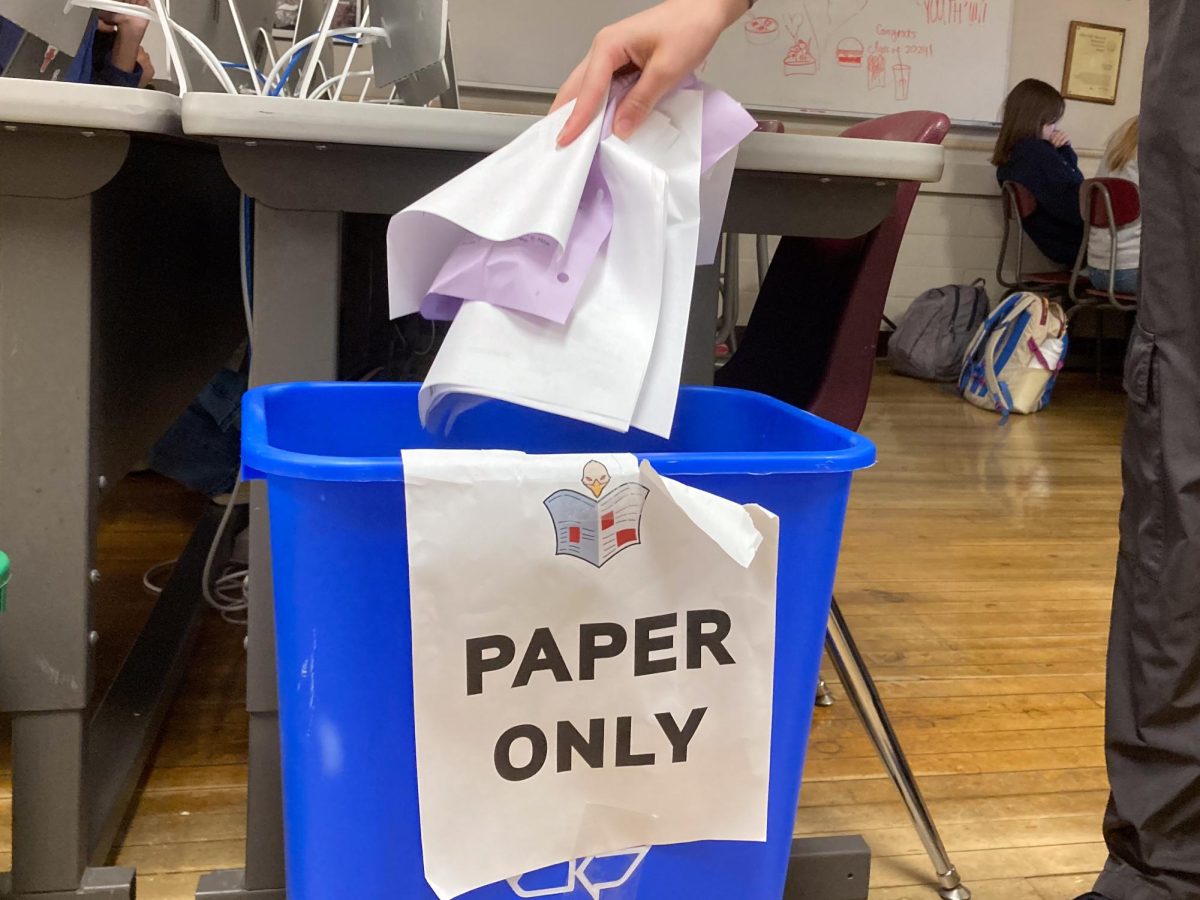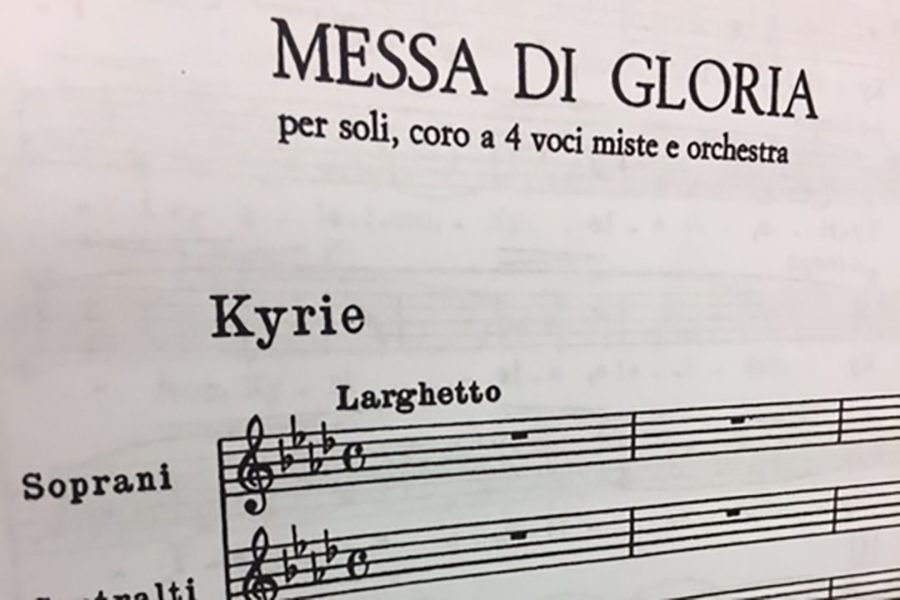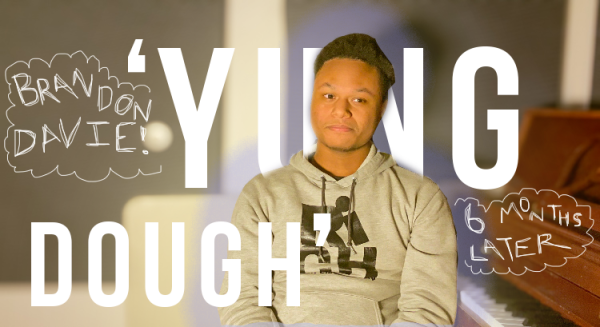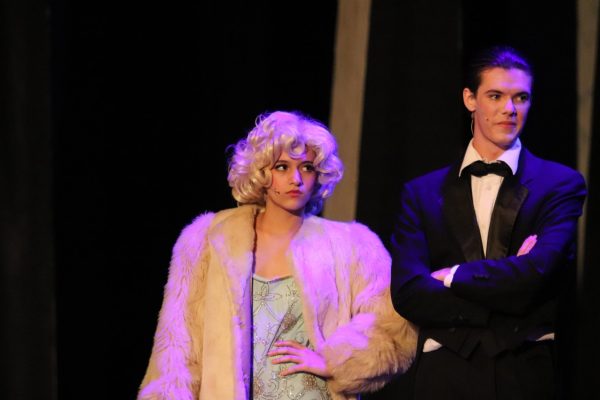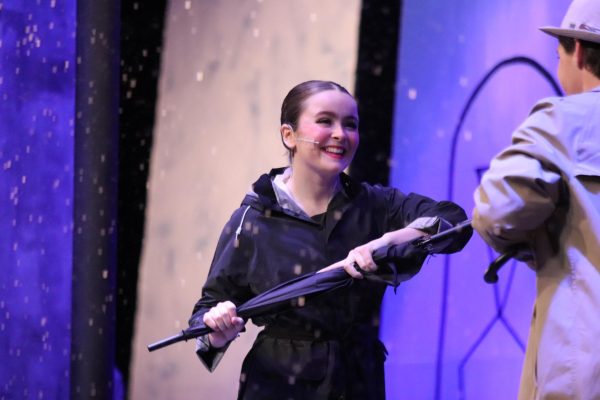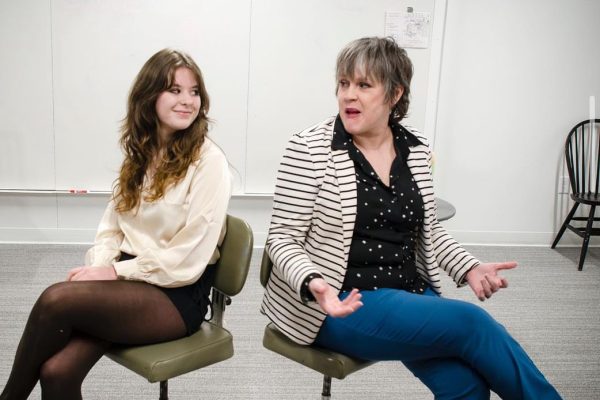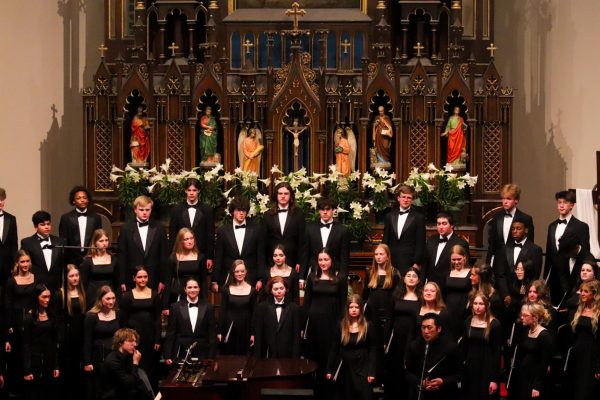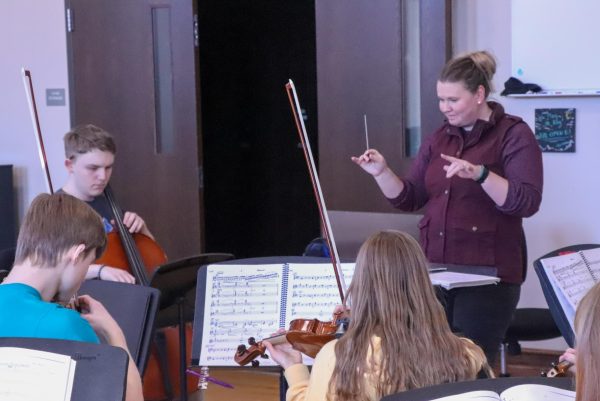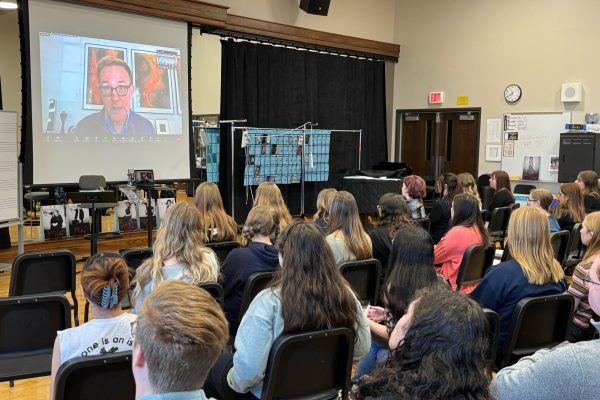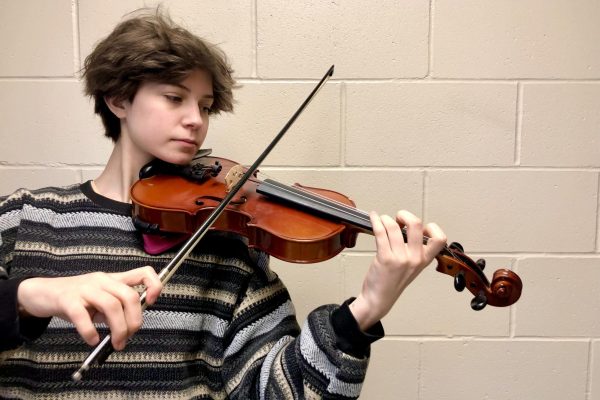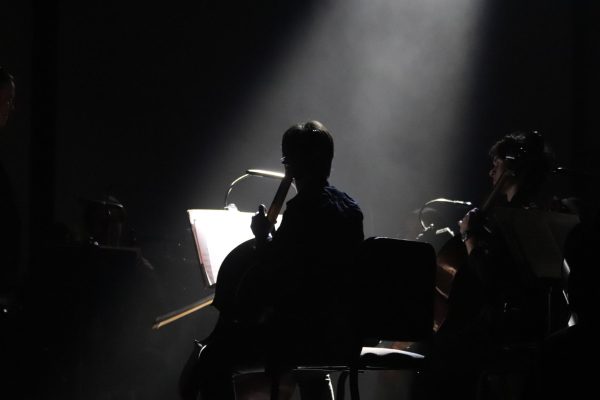This Winter’s Masterwork: The Messa Di Gloria
October 13, 2016
This winter, the City High choir and orchestra are going to be performing a piece called Messa Di Gloria. This massive work was composed by Giacomo Puccini, an Italian opera composer of the early 20th century. I interviewed Dr. Thompson, choir director, about many aspects of this endeavor.
LH: Can you give me an overview of your plan to learn all the pieces within the few months we have? How will you balance the basics of learning notes, rhythm, and words while establishing emotional investment and expression?
Dr. Thompson: I introduced the piece last spring after we finished our final concert. We had approximately two weeks remaining in the year and I thought it would be a good idea to get a head start. Even though we haven’t sung it in five months, the students have retained much of what we did, so this will allow us to spend the necessary time on the most difficult passages of music. As for the emotional investment, each student must discover what it is that motivates them musically. Some students are motivated by the text and others are motivated by the music itself. We spend significant time discussing important musical moments as well as the intentions of the composer. These important passages of music give us clues as to what we should be feeling and how we should present the music. For me, the bulk of this portion of the learning process occurs once we have command of the basic elements of the music – namely notes and rhythm.
LH: Are there any challenges with bringing choir and orchestra to play together?
Dr. Thompson: The main challenge is creating a cohesive ensemble. We will get to the point where as a choir, we will have developed that cohesion, and the orchestra will experience the same. Putting the two groups together at the end of the process and developing that cohesion is challenging.
LH: The masterworks seem to be the most impactful and full sounding concerts we put on. How do you think increasing of the number of players on stage can affect the emotional expression and impact of these pieces?
Dr. Thompson: It is difficult to explain the feeling of performing these types of works. One has to have the experience to understand. Of all families of instruments, stringed instruments are said to most closely resemble the human voice in that they can be played with tremendous expression and emotion. When these elements are added to expressive and emotionally invested singers, the final product is magical.
LH: Are there any aspects of Puccini’s writing, specifically this piece, that you are especially attracted to and interested by?
Dr. Thompson: For me, Puccini was a master of crafting melodies. In many cases, choral music is composed to feature one voice with the other voices serving in more or less supporting roles. In this piece, one can take an excerpt from just about any voice and any movement and that vocal line can stand on its own. The end result is that there are four solo lines occurring simultaneously, so every voice has the freedom to sing fully and with the highest level of expression and emotional investment.

